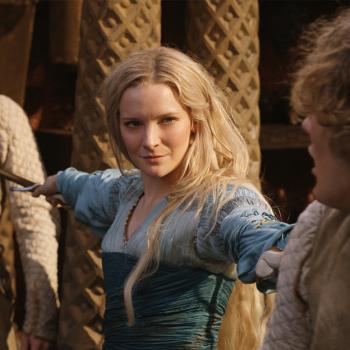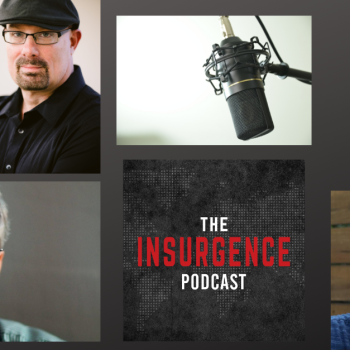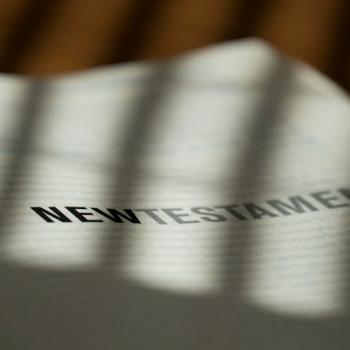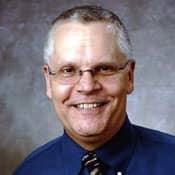While people may have different opinions about Pope Francis, we can all agree on this: he has been very good for the publishing industry.
In the short time since his election and inauguration, publishers have rushed to put out Pope Francis books. And why not? He's a source of endless fascination: the first pope from the Americas, the first who's a Jesuit, the first to take the name of Francis. His headline-grabbing public gestures—from washing the feet of female Muslims to forsaking the more elaborate trappings of his office and living, for now, in a residence hall rather than a papal palace—have only solidified his status as one of the most unpredictable and fascinating figures on the world stage. On top of that, he's the pope! His story would make a great book, wouldn't it?
Well, yes, it does. Over the last couple weeks I've been poring over three of the new volumes about Francis. Collectively, they complement each other nicely and manage to give a fuller portrait of a man who, until recently, was mostly a mystery.
Probably the most straightforward of the books I read is Pope Francis by Dr. Matthew E. Bunson, a hastily produced but intelligently composed primer on the pope and the conclave that elected him. This biography relies heavily on news reports and extended quotes from some of the new pontiff's speeches and addresses. It also delves into the last days of Benedict's papacy, which helps provide a context for this pope. But this book has some sidebar features that, while interesting, give it a padded-out feeling. (I'm not sure we needed a list of all the popes in Catholic history or a litany of "Cardinals Who Tweet" or a glossary defining such words as "Millennium" and "Evangelization.") I might also quibble with the prominent quote posted on the back cover, "Make me an instrument of your peace—St. Francis of Assisi," a statement from a prayer even devoted Franciscans concede the saint never really wrote. Nonetheless, the book is a helpful introduction to the new pope from the New World. It makes for engaging and sometimes absorbing reading.
Pope Francis: His Life in His Own Words by Francesca Ambrogetti and Serio Rubin holds the distinction of not only being absorbing, but also remarkably prescient. The book was first published in Spanish in 2010, and stands now as a prophetic portrait of a man poised to make history. The book is a series of interviews—more like conversations, really—that capture Cardinal Jorge Mario Bergoglio in moods that are thoughtful, prayerful, and even playful. We learn about his family history: how his parents met in church, how his mother taught him to cook, and how he continued cooking himself until recently. (When the authors ask if he's any good at it, he replies: "Well, no one ever died...") The conversations range far and wide, from ethics to politics to poetry. And they even give a glimpse of the man who would be pope, when he describes one of his predecessors:
John XXIII was a priest who went out onto the street. As the patriarch of Venice, he would usually go out around eleven to Saint Mark's Square to perform the so-called 'rite of the show,' which entailed sitting in the shade of a tree or outside a bar, drinking a glass of white wine, and spending a few minutes speaking with parishioners. He did this like any Venetian, and he continued with his job. For me, this is a true pastor: someone who goes out to meet people.
Finally, there's another book of conversations, also first published in 2010, On Heaven and Earth, a series of talks between Jorge Mario Bergoglio and Rabbi Abraham Skorka, a scientist and scholar in Buenos Aires. This book delves more deeply into matters theological, and covers a spectrum that includes God, abortion, atheism, and same-sex marriage, among other topics. But far from being academic, the book is accessible and even captivating. Insights pop off the page. Here's the cardinal touching on the topic of death and what we leave behind:
To think that we have to leave an inheritance is an extremely serious anthropological and religious concept that speaks about dignity. It is to say to oneself: I do not want to close in on myself, I do not want to fence in my life, what is mine will at least be passed on to my children, to those whom I will leave my inheritance...Inheritance is developed over time through the pilgrimage of humanity: man receives something and has to leave behind something better...
These three books are just the first trickle of what will no doubt become a tsunami of studies on Pope Francis. We can expect books of his own, too, as he begins to write and publish encyclicals. Gradually, a Franciscan theology and worldview will emerge; a papacy will take shape; another chapter in Church history will be written.
If these first books are any indication, it's a story that will ultimately make one of the most interesting and unpredictable books in any library.
Generations to come will love to read it.
I can't help but think how lucky we are to be living it.
12/2/2022 9:05:39 PM





